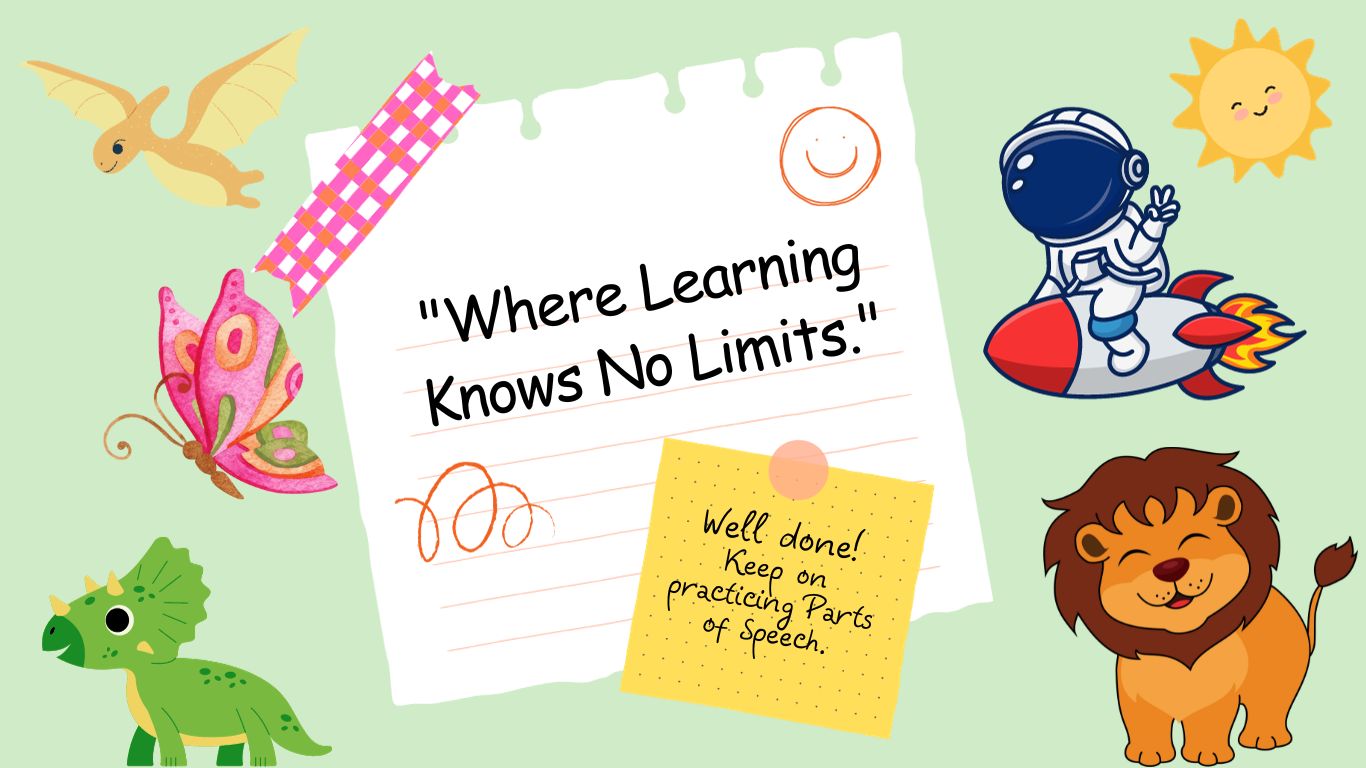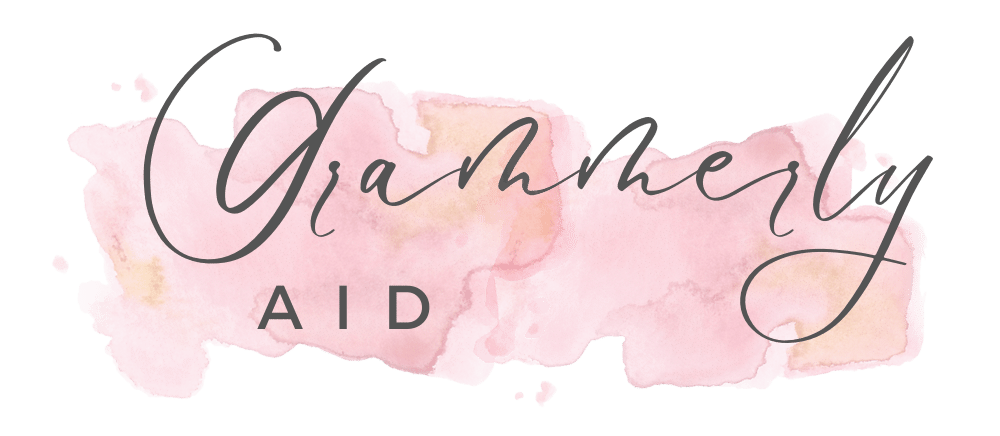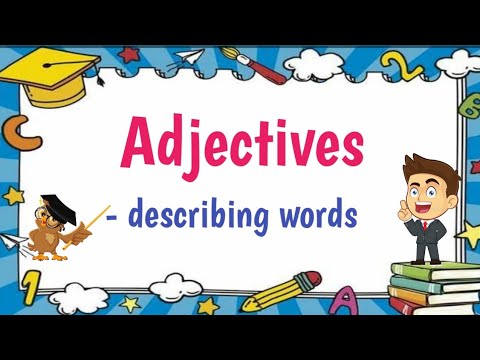Understanding how to compare adjectives is crucial for effective communication in any language. Adjectives help us describe and differentiate objects, people, and concepts. By comparing them, we can convey degrees of qualities, from the simplest description to the most extreme superiority or inferiority. In this comprehensive guide, we’ll delve into the comparison of adjectives, exploring definitions, examples, rules, and providing worksheets to reinforce learning.
what is Degrees of Comparison:
Degrees of comparison refer to the different forms of adjectives and adverbs used to show the level of comparison between two or more things. These forms are the positive, comparative, and superlative. The positive form simply describes a quality, the comparative form compares two things, and the superlative form compares three or more things, indicating the highest or lowest degree of a quality. Understanding degrees of comparison helps us express differences and make comparisons more effectively in language.
In English grammar, there are three degrees of comparison: positive, comparative, and superlative.

Positive Degree:
In its simplest form, the positive degree of an adjective describes a noun without any comparison. It represents the basic quality of the noun without needing additional changes. Adjectives in the positive degree stand alone and do not indicate any superiority or inferiority. Examples of adjectives in the positive degree include big, fast, clever, colorful, and loud.
Rules:
- Base form: The positive degree of an adjective is the simplest form, representing the quality or attribute without any comparison.
- No comparison: Unlike the comparative and superlative degrees, the positive degree doesn’t involve comparing one thing to another.
- Basic form: It’s the form you’d find in the dictionary or use when no comparison is intended.
Uses:
- Describing qualities: Use the positive degree when you want to describe a noun without comparing it to anything else.
- Simple statements: It’s used for straightforward statements about a quality or characteristic.
Examples:
- The apple is red.
- She is intelligent.
- He is tall.
- The book is interesting.
- The cat is cute.
- The flower is beautiful.
List of Positive Degree Adjectives:
- Red
- Intelligent
- Tall
- Interesting
- Cute
- Beautiful
- Fast
- Slow
- Happy
- Sad
- Big
- Small
- Brave
- Kind
- Generous
Comparative Degree:
Rules:
- Comparison between two things: The comparative degree is used when comparing two things, indicating a higher or lower degree of a quality than the positive degree.
- Formation: Typically, short adjectives add “-er” to the end, while longer adjectives use “more” before them.
- Specific constructions: “Than” is commonly used to introduce the second element of the comparison.
Uses:
- Comparing two things: Use the comparative degree when you want to express that one thing has more or less of a quality than another.
- Making distinctions: It’s used to highlight differences or similarities between two items or concepts.
Examples:
- The red apple is redder than the green one.
- She is smarter than her brother.
- This car is faster than that one.
- His essay is more interesting than mine.
- The cat is cuter than the dog.
- The sunflower is taller than the daisy.
List of Comparative Degree Adjectives:
- Redder
- Smarter
- Faster
- More interesting
- Cuter
- Taller
- Bigger
- Slower
- Happier
- Sadder
- Stronger
- Weaker
- Braver
- Kinder
- More generous
Superlative Degree:
To compare the qualities of three or more entities, we use the superlative degree. This involves adding the suffix “-est” to short adjectives or using the word “most” before long adjectives. Superlative adjectives denote the highest degree of a quality among a group. Examples of superlative degree adjectives include biggest, fastest, cleverest, most colorful, and loudest.
Rules:
- Comparison among three or more things: The superlative degree is used when comparing three or more things, indicating the highest or lowest degree of a quality.
- Formation: Typically, short adjectives add “-est” to the end, while longer adjectives use “most” before them.
- Specific constructions: “The” is commonly used before the superlative form to indicate that it’s the highest or lowest degree among a group.
Uses:
- Comparing three or more things: Use the superlative degree when you want to express that one thing has the highest or lowest degree of a quality among a group.
- Highlighting extremes: It’s used to emphasize the most or least of a particular quality within a set.
Examples:
- The red apple is the reddest of all.
- She is the smartest student in the class.
- This car is the fastest on the track.
- His essay is the most interesting of all.
- The cat is the cutest in the litter.
- The sunflower is the tallest in the garden.
List of Superlative Degree Adjectives:
- Reddest
- Smartest
- Fastest
- Most interesting
- Cutest
- Tallest
- Biggest
- Slowest
- Happiest
- Saddest
- Strongest
- Weakest
- Bravest
- Kindest
- Most generous
Degrees Of Comparison List:
| Positive Degree | Comparative Degree | Superlative Degree |
| angry | angrier | angriest |
| able | abler | ablest |
| bad | worse | worst |
| bitter | bitterer | bitterest |
| big | bigger | biggest |
| bland | blander | blandest |
| black | blacker | blackest |
| bloody | bloodier | bloodiest |
| bold | bolder | boldest |
| blue | bluer | bluest |
| bossy | bossier | bossiest |
| brief | briefer | briefest |
| brave | braver | bravest |
| bright | brighter | brightest |
| busy | busier | busiest |
| beautiful | more beautiful | most beautiful |
| broad | broader | broadest |
| calm | calmer | calmest |
| chewy | chewier | chewiest |
| cheap | cheaper | cheapest |
| chubby | chubbier | chubbiest |
| clean | cleaner | cleanest |
| classy | classier | classiest |
| clear | clear | clearest |
| close | closer | closest |
| cloudy | cloudier | cloudiest |
| clever | cleverer | cleverest |
| clumsy | clumsier | clumsiest |
| cold | colder | coldest |
| coarse | coarser | coarsest |
| crazy | crazier | craziest |
| cool | cooler | coolest |
| creamy | creamier | creamiest |
| crispy | crispier | crispiest |
| creepy | creepier | creepiest |
| cruel | crueller | cruellest |
| curly | curly | curliest |
| crunchy | crunchier | crunchiest |
| cute | cuter | cutest |
| curvy | curvier | curviest |
| damp | damper | dampest |
| deadly | deadlier | deadliest |
| dark | darker | darkest |
| deep | deeper | deepest |
| dirty | dirtier | dirtiest |
| dry | drier | driest |
| dense | denser | densest |
| dull | duller | dullest |
| dusty | dustier | dustiest |
| dumb | dumber | dumbest |
| easy | easier | easiest |
| early | earlier | earliest |
| faint | fainter | faintest |
| fancy | fancier | fanciest |
| fair | fairer | fairest |
| far | further/farther | furthest/farthest |
| fat | fatter | fattest |
| fast | faster | fastest |
| few | fewer | fewest |
| filthy | filthier | filthiest |
| fine | finer | finest |
| fierce | fiercer | fiercest |
| flaky | flakier | flakiest |
| firm | firmer | firmest |
| fresh | fresher | freshest |
| flat | flatter | flattest |
| friendly | friendlier | friendliest |
| funny | funnier | funniest |
| fit | fitter | fittest |
| full | fuller | fullest |
| good | better | best |
| gentle | gentler | gentlest |
| grand | grander | grandest |
| gloomy | gloomier | gloomiest |
| greasy | greasier | greasiest |
| grave | graver | gravest |
| greedy | greedier | greediest |
| great | greater | greatest |
| guilty | guilter | guiltiest |
| gross | grosser | grossest |
| happy | happier | happiest |
| hairy | hairier | hairiest |
| hard | harder | hardest |
| handy | handier | handiest |
| healthy | healthier | healthiest |
| harsh | harsher | harshest |
| heavy | heavier | heaviest |
| hip | hipper | hippest |
| hungry | hungrier | hungriest |
| high | higher | highest |
| humble | humbler | humblest |
| hot | hotter | hottest |
| handsome | more handsome | most handsome |
| itchy | itchier | itchiest |
| icy | icier | iciest |
| juicy | juicier | juiciest |
| kind | kinder | kindest |
| lazy | lazier | laziest |
| large | larger | largest |
| likely | likelier | likeliest |
| late | later | latest |
| light | lighter | lightest |
| lively | livelier | liveliest |
| long | longer | longest |
| little (amount) | less | least |
| little (size) | littler | littlest |
| lovely | lovelier | loveliest |
| lonely | lonlier | loneliest |
| low | lower | lowest |
| loud | louder | loudest |
| many | more | most |
| mean | meaner | meanest |
| mad | madder | maddest |
| messy | messier | messiest |
| moist | moister | moistest |
| mild | milder | mildest |
| naughty | naughtier | naughtiest |
| narrow | narrower | narrowest |
| near | nearer | nearest |
| nasty | nastier | nastiest |
| new | newer | newest |
| neat | neater | neatest |
| nice | nicer | nicest |
| noisy | noisier | noisiest |
| needy | needier | neediest |
| oily | oilier | oiliest |
| odd | odder | oddest |
| old | older/elder | oldest/eldest |
| popular | more popular | most popular |
| polite | politer | politest |
| plain | plainer | plainest |
| poor | poorer | poorest |
| proud | prouder | proudest |
| pure | purer | purest |
| pretty | prettier | prettiest |
| quiet | quieter | quietest |
| quick | quicker | quickest |
| raw | rawer | rawest |
| rare | rarer | rarest |
| ripe | riper | ripest |
| rich | richer | richest |
| rough | rougher | roughest |
| roomy | roomier | roomiest |
| risky | riskier | riskiest |
| rusty | rustier | rustiest |
| rude | ruder | rudest |
| renowned | more renowned | most renowned |
| safe | safer | safest |
| sad | sadder | saddest |
| sane | saner | sanest |
| salty | saltier | saltiest |
| shallow | shallower | shallowest |
| scary | scarier | scariest |
| sharp | sharper | sharpest |
| short | shorter | shortest |
| shiny | shinier | shiniest |
| silly | sillier | silliest |
| shy | shyer | shyest |
| sincere | sincerer | sincerest |
| simple | simpler | simplest |
| sleepy | sleepier | sleepiest |
| skinny | skinnier | skinniest |
| slow | slower | slowest |
| slim | slimmer | slimmest |
| small | smaller | smallest |
| smart | smarter | smartest |
| smelly | smellier | smelliest |
| smooth | smoother | smoothest |
| smoky | smokier | smokiest |
| soon | sooner | soonest |
| soft | softer | softest |
| sorry | sorrier | sorriest |
| sore | sorer | sorest |
| sour | sourer | sourest |
| steep | steeper | steepest |
| spicy | spicier | spiciest |
| stingy | stingier | stingiest |
| strict | stricter | strictest |
| strange | stranger | strangest |
| sunny | sunnier | sunniest |
| strong | stronger | strongest |
| sweet | sweeter | sweetest |
| sweaty | sweatier | sweatiest |
| tall | taller | tallest |
| tasty | tastier | tastiest |
| thick | thicker | thickest |
| tan | tanner | tannest |
| thin | thinner | thinnest |
| tiny | tinier | tiniest |
| thirsty | thirstier | thirstiest |
| true | truer | truest |
| tough | tougher | toughest |
| ugly | uglier | ugliest |
| wealthy | wealthier | wealthiest |
| warm | warmer | warmest |
| weird | weirder | weirdest |
| weak | weaker | weakest |
| wet | wetter | wettest |
| wild | wilder | wildest |
| wide | wider | widest |
| worldly | worldlier | worldliest |
| wise | wiser | wisest |
| worthy | worthier | worthiest |
| windy | windier | windiest |
| young | younger | youngest |
worksheets:
Part A: Fill in the blanks with the correct form of the adjective in brackets.
- The weather today is __________ than yesterday. (warm)
- Mount Everest is the __________ mountain in the world. (tall)
- My new phone is __________ than my old one. (expensive)
- Her handwriting is __________ than mine. (neat)
- This book is __________ than that one. (interesting)
- Winter in Canada is __________ than winter in Florida. (cold)
- The elephant is __________ animal on land. (big)
- That movie was __________ than I expected. (exciting)
- The Nile River is __________ river in the world. (long)
- Learning a new language can be __________ than it seems. (challenging)
Part B: Write the correct form of the adjective in the blanks to complete the sentences.
- My cat is __________ than yours. (playful)
- This is __________ game I’ve ever played. (fun)
- She is __________ student in the class. (intelligent)
- He is __________ person I know. (friendly)
- The pizza was __________ than usual. (delicious)
- It was __________ concert I’ve ever attended. (loud)
- This flower is __________ than that one. (beautiful)
- My brother is __________ than I am. (athletic)
- This task is __________ than I anticipated. (difficult)
- This dress is __________ than the one you wore yesterday. (pretty)
Answer Key:
- warmer
- tallest
- more expensive
- neater
- more interesting
- colder
- biggest
- more exciting
- longest
- more challenging
- more playful
- the most fun
- the most intelligent
- the friendliest
- more delicious
- the loudest
- more beautiful
- more athletic
- more difficult
- prettier
conclusion:
Understanding the comparison of adjectives is essential for effective communication and descriptive writing. Through this study, we’ve explored how adjectives change to express degrees of comparison: positive, comparative, and superlative. These changes help us convey nuances in meaning, allowing for more precise descriptions in our language.


